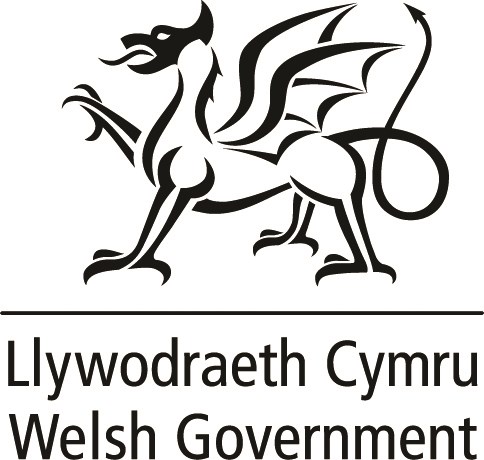
Maintain stringent biosecurity and stay vigilant – reminder as kept birds housing order lifts
Parhau i arfer mesurau bioddiogelwch llym a pharhau’n wyliadwrus – nodyn i’ch atgoffa wrth i’r gorchymyn i gadw adar dan do gael ei godi
Bird keepers are being reminded to continue to maintain rigorous hygiene and biosecurity measures, and to remain vigilant for the signs of avian flu, as the housing order for poultry and captive birds is lifted today (Tuesday April 18).
While avian influenza risk levels to poultry and captive birds have reduced, the risk of outbreaks remains.
Chief Veterinary Officer for Wales, Richard Irvine said:
“Rigorous and scrupulous hygiene and biosecurity measures offer the best protection for kept birds against avian influenza. Whether keepers have a few birds or a thousand, it is vital the very highest standards of biosecurity are maintained.
“Vigilance is also key, and it’s important any signs or suspicion of avian influenza is reported immediately.
“I want to thank bird keepers across Wales for their continued efforts to keep their flocks safe.”
The Avian Influenza Prevention Zone (AIPZ), which covers all of Wales, remains in place. As before, this requires keepers of poultry and other captive birds to take appropriate and practicable steps to prevent avian influenza, including:
- Keeping kept birds off land that is known to be, or at high risk of being, frequented by wild waterfowl, or contaminated by their droppings or feathers.
- Ensure the areas where birds are kept are unattractive to wild birds, especially waterfowl, for example, by netting ponds and surrounding areas and by removing wild bird food sources;
- Feed and water birds in enclosed areas to discourage wild birds;
- Minimise movement of people in and out of bird enclosures;
- Clean and disinfect footwear, use foot dips before entering poultry enclosures, and keep areas where birds live clean and tidy;
- Ensure all bedding, equipment, clothing and anything else that enters the areas where birds are kept are free of direct or indirect contamination with HPAI, which is mainly spread through bird droppings.
- Keep domestic ducks and geese separate from other poultry.
All of these steps are important in protecting birds. Alongside these, completing the mandatory biosecurity self-assessment can further help keepers identify the measures needed to be taken to ensure the safety of their flock.
Findings of dead wild birds should continue to be reported to the Defra helpline on 03459 33 55 77 and keepers should continue to promptly report suspicion of disease in their birds to APHA on 0300 303 8268.
Keepers can familiarise themselves with avian flu advice on the Welsh Government’s website - www.gov.wales/avian-influenza
